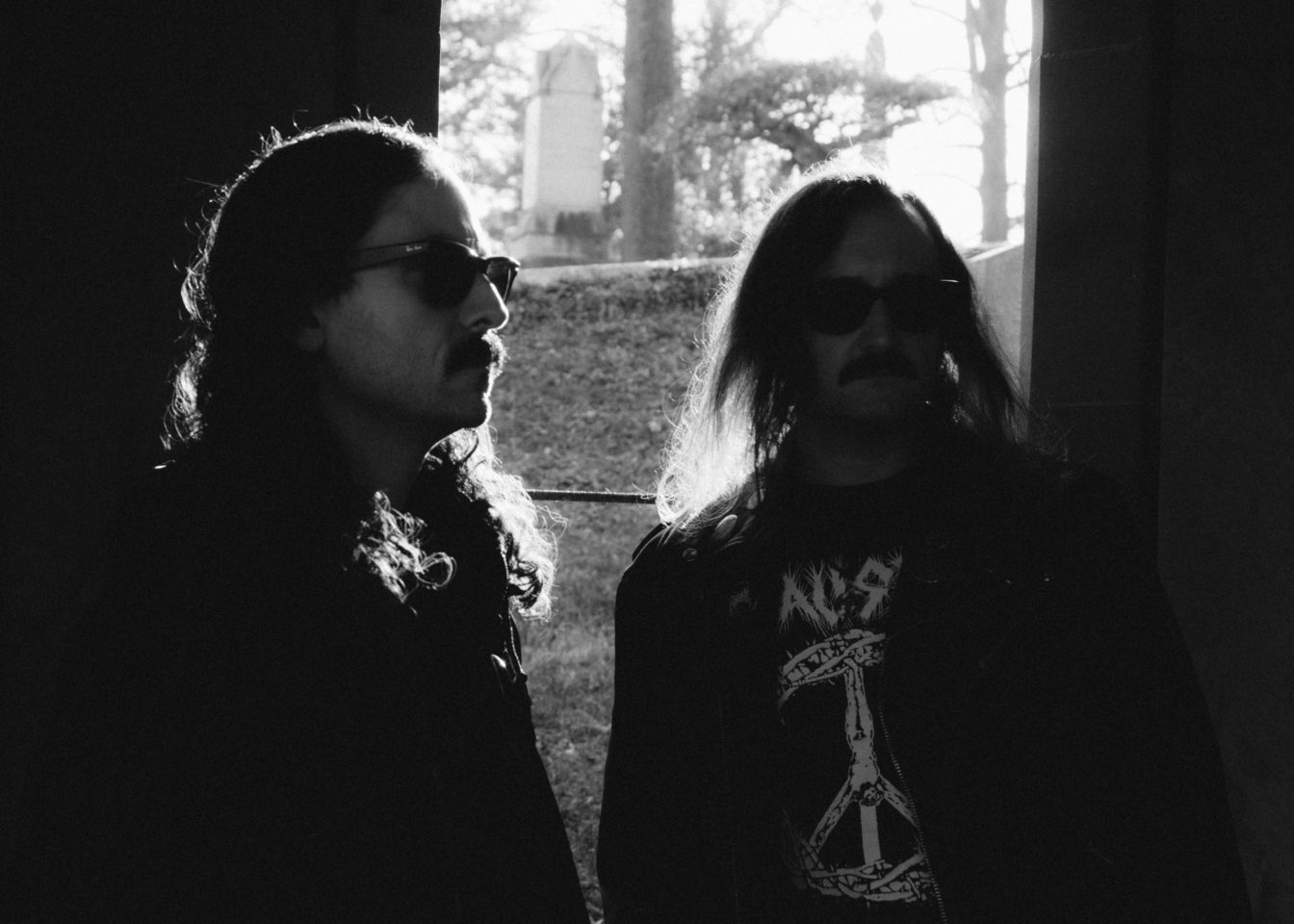The National Expungement Works (N.E.W.) organization released its 2021 Impact Report on February 22, which examines the victories from last year to help those who have been affected by the criminal justice system for a variety of reasons, including cannabis-related convictions.
N.E.W. Founder LaTorie Marshall shared in a statement that 2021 was a challenging but monumental year for the organization. “Staying true to the mission, 2021 was about tapping into our organizers because I know they do this healing work 24/7, with or without N.E.W. I challenged myself to get better with my actions with, for, and beside them,” Marshall said in a press release. “2022 is the year we can kick our five-year wealth plan up a notch with our fellowship program. From learning how to lobby in your community to becoming a building owner, we are the ones that heal and keep each other safe as we continue forward in our process for reforming systems that were built against us. It’s my belief that if there is a presence of N.E.W. in your community, and you have been systemically impacted or affected, and you need a safe haven to release; come talk it out with us, it’s on us.”
N.E.W. is also sponsored by Canopy Growth Corporation, who stated that it is the cannabis industry’s duty to work with organizations to help people and communities in need. “As we evolve our social impact strategy with the support of our community partners, we continue to learn about the injustices faced by equity-deserving communities,” said Canopy Growth Corporation Chief Advocacy Officer Hilary Black. “This includes the difficulties faced by people impacted by the criminal justice system—including the potential for the accumulation of additional progressive charges. The comprehensive, wrap-around services, such as N.E.W.’s Brake Light Clinics, are a direct response to the barriers and experiences of justice-impacted communities.”
N.E.W. partnered with CFA to help The Social Impact Center and Los Angeles County District Attorney George Gascón to identify approximately 66,000 cannabis convictions that were dismissed in Los Angeles County last year. “The combined efforts of such powerful forces, along with the Los Angeles District Attorney’s Office, helped to shine a light on the importance of automatic expungement, as those who qualify may not even know that they are eligible,” according to the 2021 Impact Report. The path was paved for the cannabis-related expungements by the original prop 47 which lowers specific non-violent property and drug crimes from felonies to misdemeanors, and will account for thousands of future automatic record expungements.
N.E.W. was founded in October 2018 and is currently operated by 632 volunteers, as well as organizations and individuals, who are working to help Americans whose lives have been affected by the War on Drugs. According to the 2021 Impact Report, its many accomplishments include hosting numerous events such as the Week of Action & Awareness, which comprised of 21 virtual and in-person gatherings in 10 different cities, and having assisted over 65,000 people expunge or seal their records through services such as “legal relief, employment workshops, food and produce giveaways, health screenings and voter registration.” Those seeking expungement or record sealing opportunities can fill out a form on N.E.W.’s website to determine the specific state laws and necessities for eligibility.
More recently, N.E.W. will be holding 2022 “Brake Light Clinics” on February 27 in Maryland, with many more plans for 2022 to be announced later. Other expungement efforts for cannabis convictions have continued growing annually as well. At the end of January 2022, California legislators filed a bill to speed up expungement for over 34,000 people who are still waiting for relief. Advocates in New Jersey recently held a free expungement clinic for low-level cannabis convictions in September 2021.
The post National Expungement Works Releases 2021 Impact Report appeared first on High Times.
source https://hightimes.com/news/national-expungement-works-releases-2021-impact-report/
